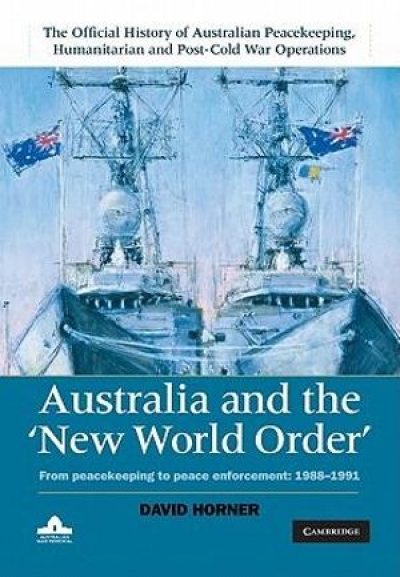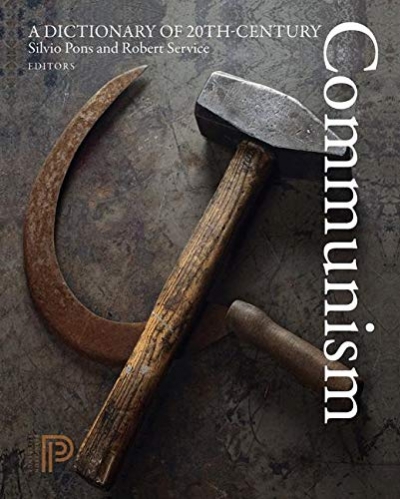Cold War
Josephine Baker and the Rainbow Tribe by Matthew Pratt Guterl
by Colin Nettelbeck •
A Spy among Friends: Kim Philby and the Great Betrayal by Ben Macintyre
by Sheila Fitzpatrick •
Who Killed Hammarskjöld?: The UN, the Cold War and White Supremacy in Africa: Susan Williams by
by Roland Burke •
Australia and the ‘New World Order’: From Peacekeeping to Peace Enforcement: 1988–1991 by David Horner
by Peter Edwards •
A Dictionary of 20th-Century Communism edited by Silvio Pons and Robert Service, translated by Mark Epstein and Charles Townsend
by Stuart Macintyre •
Political Tourists: : Travellers from Australia to the Soviet Union in the 1920s–1940s edited by Sheila Fitzpatrick and Carolyn Rasmussen
by John Thompson •
Breaking the Codes: Australia’s KGB Network 1944-1950 by Desmond Ball & David Horner
by Peter Edwards •







